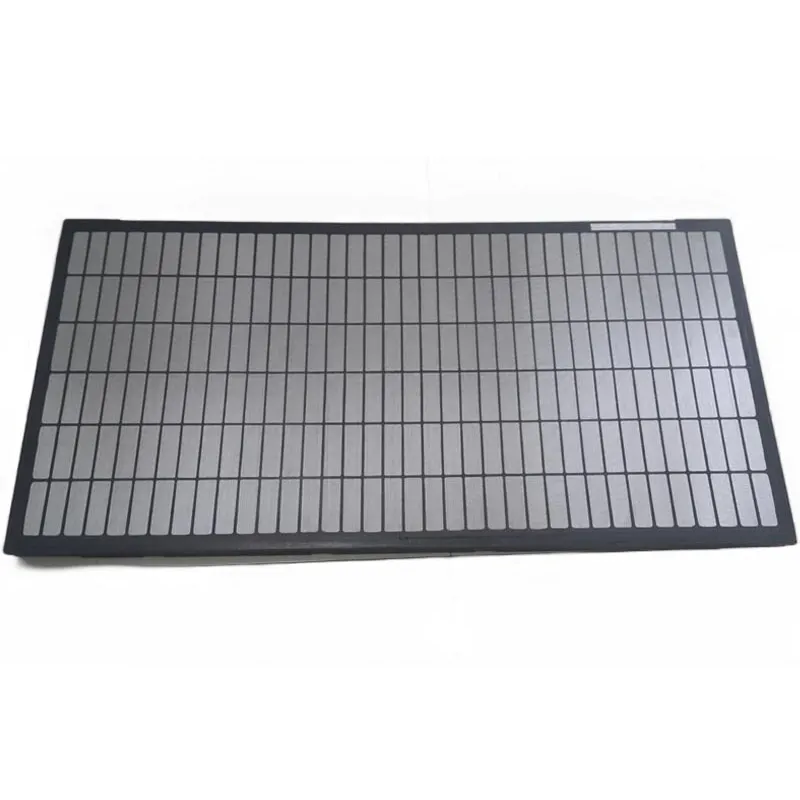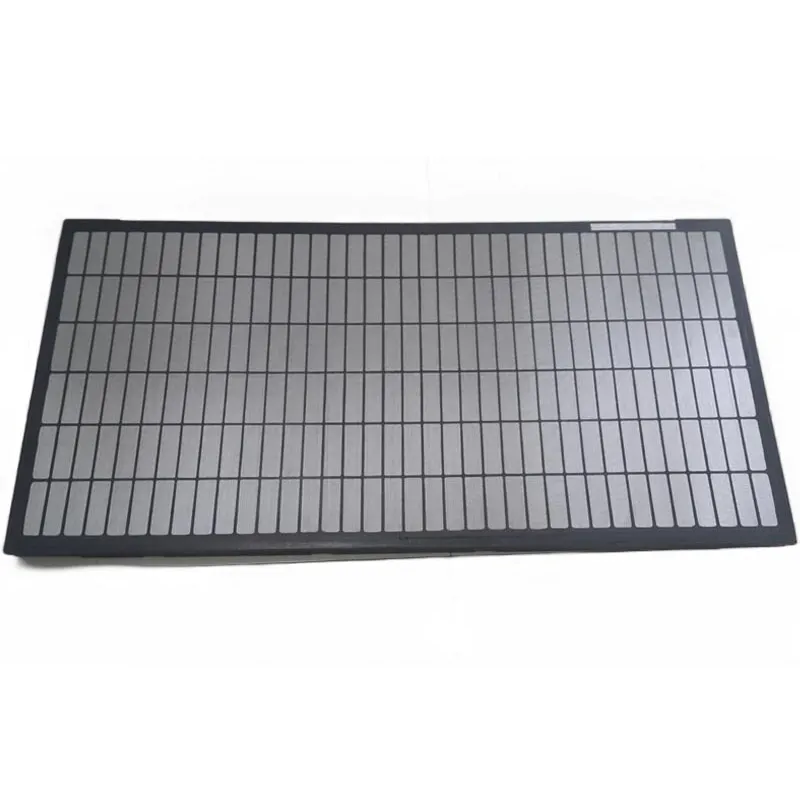- Industrial zone, South of Anping Town, Hengshui, Hebei, China.
- sales@hfpetromesh.com
- +86-18931809706
 Afrikaans
Afrikaans  Albanian
Albanian  Amharic
Amharic  Arabic
Arabic  Armenian
Armenian  Azerbaijani
Azerbaijani  Basque
Basque  Belarusian
Belarusian  Bengali
Bengali  Bosnian
Bosnian  Bulgarian
Bulgarian  Catalan
Catalan  Cebuano
Cebuano  Corsican
Corsican  Croatian
Croatian  Czech
Czech  Danish
Danish  Dutch
Dutch  English
English  Esperanto
Esperanto  Estonian
Estonian  Finnish
Finnish  French
French  Frisian
Frisian  Galician
Galician  Georgian
Georgian  German
German  Greek
Greek  Gujarati
Gujarati  Haitian Creole
Haitian Creole  hausa
hausa  hawaiian
hawaiian  Hebrew
Hebrew  Hindi
Hindi  Miao
Miao  Hungarian
Hungarian  Icelandic
Icelandic  igbo
igbo  Indonesian
Indonesian  irish
irish  Italian
Italian  Japanese
Japanese  Javanese
Javanese  Kannada
Kannada  kazakh
kazakh  Khmer
Khmer  Rwandese
Rwandese  Korean
Korean  Kurdish
Kurdish  Kyrgyz
Kyrgyz  Lao
Lao  Latin
Latin  Latvian
Latvian  Lithuanian
Lithuanian  Luxembourgish
Luxembourgish  Macedonian
Macedonian  Malgashi
Malgashi  Malay
Malay  Malayalam
Malayalam  Maltese
Maltese  Maori
Maori  Marathi
Marathi  Mongolian
Mongolian  Myanmar
Myanmar  Nepali
Nepali  Norwegian
Norwegian  Norwegian
Norwegian  Occitan
Occitan  Pashto
Pashto  Persian
Persian  Polish
Polish  Portuguese
Portuguese  Punjabi
Punjabi  Romanian
Romanian  Russian
Russian  Samoan
Samoan  Scottish Gaelic
Scottish Gaelic  Serbian
Serbian  Sesotho
Sesotho  Shona
Shona  Sindhi
Sindhi  Sinhala
Sinhala  Slovak
Slovak  Slovenian
Slovenian  Somali
Somali  Spanish
Spanish  Sundanese
Sundanese  Swahili
Swahili  Swedish
Swedish  Tagalog
Tagalog  Tajik
Tajik  Tamil
Tamil  Tatar
Tatar  Telugu
Telugu  Thai
Thai  Turkish
Turkish  Turkmen
Turkmen  Ukrainian
Ukrainian  Urdu
Urdu  Uighur
Uighur  Uzbek
Uzbek  Vietnamese
Vietnamese  Welsh
Welsh  Bantu
Bantu  Yiddish
Yiddish  Yoruba
Yoruba  Zulu
Zulu
- Afrikaans
- Albanian
- Amharic
- Arabic
- Armenian
- Azerbaijani
- Basque
- Belarusian
- Bengali
- Bosnian
- Bulgarian
- Catalan
- Cebuano
- Corsican
- Croatian
- Czech
- Danish
- Dutch
- English
- Esperanto
- Estonian
- Finnish
- French
- Frisian
- Galician
- Georgian
- German
- Greek
- Gujarati
- Haitian Creole
- hausa
- hawaiian
- Hebrew
- Hindi
- Miao
- Hungarian
- Icelandic
- igbo
- Indonesian
- irish
- Italian
- Japanese
- Javanese
- Kannada
- kazakh
- Khmer
- Rwandese
- Korean
- Kurdish
- Kyrgyz
- Lao
- Latin
- Latvian
- Lithuanian
- Luxembourgish
- Macedonian
- Malgashi
- Malay
- Malayalam
- Maltese
- Maori
- Marathi
- Mongolian
- Myanmar
- Nepali
- Norwegian
- Norwegian
- Occitan
- Pashto
- Persian
- Polish
- Portuguese
- Punjabi
- Romanian
- Russian
- Samoan
- Scottish Gaelic
- Serbian
- Sesotho
- Shona
- Sindhi
- Sinhala
- Slovak
- Slovenian
- Somali
- Spanish
- Sundanese
- Swahili
- Swedish
- Tagalog
- Tajik
- Tamil
- Tatar
- Telugu
- Thai
- Turkish
- Turkmen
- Ukrainian
- Urdu
- Uighur
- Uzbek
- Vietnamese
- Welsh
- Bantu
- Yiddish
- Yoruba
- Zulu
Lightweight Aluminum Walkway Grating Durable & Corrosion-Resistant
- Overview of Aluminum Walkway Grating Applications
- Technical Advantages Over Traditional Materials
- Performance Data: Load Capacity & Durability
- Manufacturer Comparison: Specifications & Pricing
- Customization Options for Industrial Needs
- Case Studies: Real-World Implementations
- Future Trends in Aluminum Grating Solutions

(aluminum walkway grating)
Why Aluminum Walkway Grating Dominates Modern Infrastructure
Aluminum walkway grating has become a cornerstone in industrial and commercial construction due to its unmatched strength-to-weight ratio. Unlike steel or fiberglass alternatives, aluminum grating systems reduce installation time by 40% while offering 30% higher corrosion resistance in harsh environments. Industries such as oil refineries, wastewater treatment plants, and marine platforms prioritize these gratings for their ability to withstand chemical exposure and extreme temperatures ranging from -80°F to 400°F (-62°C to 204°C).
Technical Advantages Over Traditional Materials
Aluminum grating outperforms steel in multiple categories. Its non-sparking properties make it ideal for flammable environments, and its lightweight nature cuts transportation costs by up to 25%. Additionally, aluminum requires zero maintenance over a 50-year lifespan, whereas steel grating demands annual anti-rust treatments. For example, a 4'x20' aluminum walkway panel weighs just 85 lbs (38.5 kg) compared to 240 lbs (109 kg) for a steel equivalent.
Performance Data: Load Capacity & Durability
Third-party stress tests reveal that standard 1-1/2" aluminum grating bars support distributed loads up to 550 lbs/ft² (2,685 kg/m²). In vertical impact tests, aluminum models retained structural integrity after 1.2 million cycles at 2,000 lbf (8,896 N), outperforming fiberglass by 300%. These metrics validate aluminum’s suitability for high-traffic areas like airport ramps and factory mezzanines.
| Manufacturer | Bar Spacing | Price per ft² | Max Load |
|---|---|---|---|
| Supplier A | 1" | $18.50 | 600 lbs/ft² |
| Supplier B | 1.5" | $15.75 | 480 lbs/ft² |
| Supplier C | 0.75" | $22.30 | 720 lbs/ft² |
Customization Options for Industrial Needs
Leading suppliers now offer tailored aluminum grating solutions, including:
- Serrated surfaces for slip resistance (COF ≥0.85)
- Powder-coated finishes in 200+ RAL colors
- Custom cutouts for pipes or cables
One chemical plant reduced maintenance costs by 60% after switching to anodized aluminum grating with integrated drainage slots.
Case Studies: Real-World Implementations
A coastal power plant replaced stainless steel walkways with aluminum grating, achieving a 90% reduction in saltwater corrosion damage over five years. Another project at a food processing facility utilized FDA-compliant aluminum grids, eliminating bacterial growth issues common in wooden platforms.
Aluminum Grating Solutions: The Path Forward
As sustainability mandates tighten, aluminum walkway grating
stands out with 95% recyclability and 80% lower embodied carbon than concrete alternatives. Emerging technologies like AI-optimized lattice designs promise 15% greater load efficiency, positioning aluminum as the material of choice for next-generation infrastructure.

(aluminum walkway grating)
FAQS on aluminum walkway grating
Q: What are the standard specifications for aluminum walkway grating?
A: Aluminum walkway grating typically uses 6061-T6 or 6063-T6 alloy for durability. Common specifications include bar thicknesses of 1/8" to 1/4", mesh sizes from 1"x1" to 4"x4", and customizable widths/lengths to fit project needs.
Q: What factors influence the price of aluminum grating?
A: Pricing depends on aluminum alloy grade, grating dimensions, surface treatments (e.g., anodizing), and order volume. Additional costs may apply for custom shapes, non-standard spacing, or anti-slip coatings.
Q: How does aluminum grating compare to steel for walkway applications?
A: Aluminum offers 1/3 the weight of steel with comparable strength, superior corrosion resistance, and lower maintenance. While initial costs may be higher, long-term savings come from reduced replacement and upkeep expenses.
Q: Can aluminum walkway grating support heavy industrial loads?
A: Yes, properly specified aluminum grating can handle loads up to 1,000 lbs per square foot. Load capacity depends on bar thickness, spacing configuration, and support frame design per ASTM B221 standards.
Q: What maintenance is required for aluminum grating walkways?
A: Aluminum grating requires minimal maintenance—periodic cleaning with mild detergent and water suffices. Inspect annually for debris accumulation or surface damage, though corrosion resistance typically eliminates need for protective coatings.
-
Why Our Shaker Screen for Sale Stands Out in Every ApplicationNewsAug.08,2025
-
Unmatched Efficiency with Premium Shale Shaker Screen TechnologyNewsAug.08,2025
-
Reliable, Durable, and Cost-Effective: Press Locked Steel Grating SolutionsNewsAug.08,2025
-
Precision Strength with Welded Steel Bar GratingNewsAug.08,2025
-
Perimeter Safety Netting: The High-Strength Shield for Elevated Safety SolutionsNewsAug.08,2025
-
Maximize Performance with Steel Walkway GratingNewsAug.08,2025